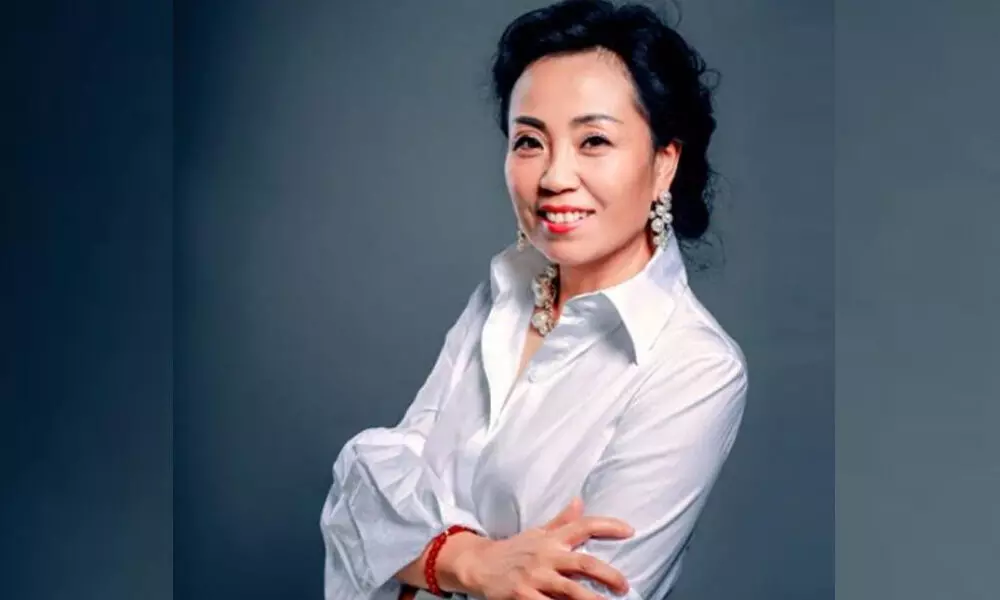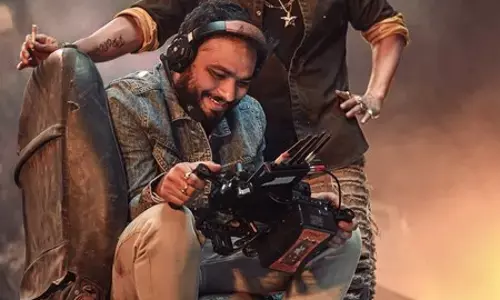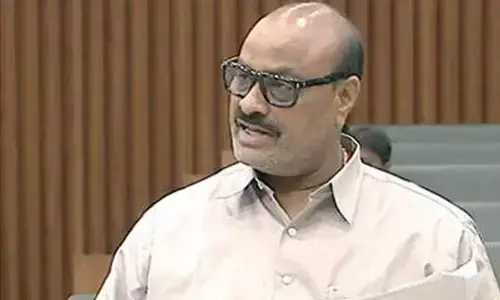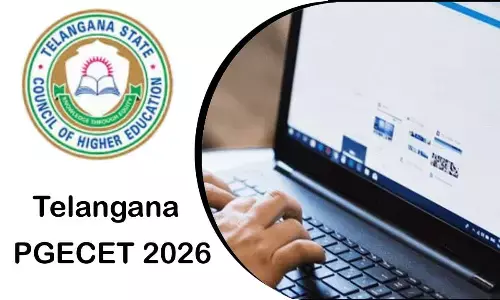Cultural Renaissance: Digitalised Youth

Cultural Renaissance: Digitalised Youth
We all know that time equivalents change. Over a period of time, the world keeps changing channelling new culture, new people and new ideas. In preparation for “tomorrow”, a “hero” needs to be at the centre of our focus. The ‘hero’ is Youth.
We all know that time equivalents change. Over a period of time, the world keeps changing channelling new culture, new people and new ideas. In preparation for "tomorrow", a "hero" needs to be at the centre of our focus. The 'hero' is Youth. And more specifically, one particular phenomenon needs to be considered that today's hero is Digitalised Youth.
But what is that change?
From arts and literature to technology, the mere definition of culture has transformed. This Cultural Renaissance, like any other, births an important question: Is Cultural Renaissance a revolution or an evolution? Are we a part of a growing society, bringing virtue of the past to this internet kingdom? Or, are we changing our history and overthrowing the past cultural regimes for a better digital tomorrow?
What is it that differentiates the current youth from other generations? Information Cocoon or 24-Hour Rule?
Unlike other generations, the youth of today did not need to adapt to technology. They were born with it, as though it were their external organ. It would be more than challenging for them to imagine a non-digitalised world, which, in fact, was only 50 years ago. They are now the ones leading us from e-commerce and e-banking, to e-culture, e-humanity and e-society.
Everyone is an influencer today. Everyone contributes to shaping the information around us. Technology has locked us into a cage flooded with information creating a narrowed culture which is same for all. Every three years, the world is doubling the amount of data it produces. More data has been produced in the last three years than has been produced since the beginning of written records. And it's bound to multiply even more with technological advancement.
We only have 24 hours per day. Everyone is creating their own information resulting in an individual and varied culture. There is no common understanding of culture anymore, no shared value. Every man for his own culture.
The question is should we spend our time locked in an information cocoon algorithmically generated from our own pursuit towards self-fulfilment? Or do we swim in the vast ocean of information, drowning from its endlessness?
Or, is there a third option for the future? What is the answer from the youth? Will tradition and culture become irrelevant to them?
Why is it so important: Revolution or Evolution?
World Values Survey 7 (2020) by political scientists Ronald Inglehart and Christian Welzel, presented a Cultural Map consisting of two groups of dimensions. We can clearly see that there is a major cultural change in the world: the whole world shifts in the direction of Secular-rational values and Self-expression values, which means that these societies place less emphasis on religion, traditional family values and authority. They also give higher priority to environmental protection, growing tolerance of foreigners and rising demands for participation in decision-making, in economic and political life. Technology has played a big role by creating and changing the structure of the world. Now, you might be closer to online community members than to your own neighbours. You might have more common understanding with online groups than with your parents.
We are being shaped for a virtual world. Looking at the example of a predominant internet community, it has a monthly active user base of 2.7 billion, which is more than the combined population size of two of the world's largest countries, comfortably resting as the largest community to ever have existed (Rodriguez, 2020). Furthermore, an E-commence company could generate revenue larger than a country's GDP (Daly, 2020). These virtual communities arguably constitute the largest consumer base both in terms of sheer number as well as global reach.
These seismic changes have taken place just within the past few decades. Should digitalized youth carry the torch of traditional values, or should they create redefine future culture and traditions?
How can we make changes? Society sovereignty or consumer sovereignty?
With the third Internet revolution, IoT, it should lead to a trend of de-consumerization. This might be a chance to focus on social sovereignty, where consumers are beneficiaries as part of the system. Covid 19 has told us this truth in a hard way: Humans are just part of the scheme of things. They are not the centre of focus.
I believe that in any era, we have chances to write our own story. A story that makes sense of our own lives and thus makes our life meaningful.
What kind of future will the youth lead us to? What kind of virtuous culture will they carry on with them? The first challenge we must solve is picking the right problem to solve.
The author is Founder & Chairperson - Think Culture Foundation









